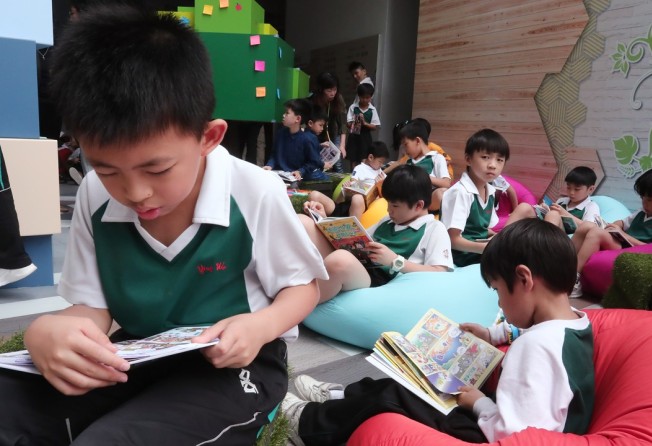Mother-tongue language policy: how Hong Kong failed where Singapore succeeded
Regina Ip says the effectiveness of Singapore’s bilingual education should be credited to Lee Kuan Yew’s foresight and sound policies, which Hong Kong – now caught in a row over the status of Cantonese language – sorely needs

An article written by a Chinese University consultant, Song Xinqiao, on the implementation of Mandarin education in Hong Kong and uploaded onto the website of the Education Bureau reignited a firestorm on the status of Cantonese as the mother tongue of Cantonese people in Hong Kong. In his article, Professor Song argued that “mother tongue” should be defined as the language of the Han (Chinese) race. By that token, the mother tongue of the Chinese people, including Cantonese in Hong Kong, should be Hanyu, taught in modern China as Mandarin, but also known as Putonghua in Hong Kong.
Song’s thesis is premised on his vision of a hierarchy of languages in China, with Mandarin, the lingua franca, at the pinnacle, and superior to all dialects.
Print option is available for subscribers only.
SUBSCRIBE NOW